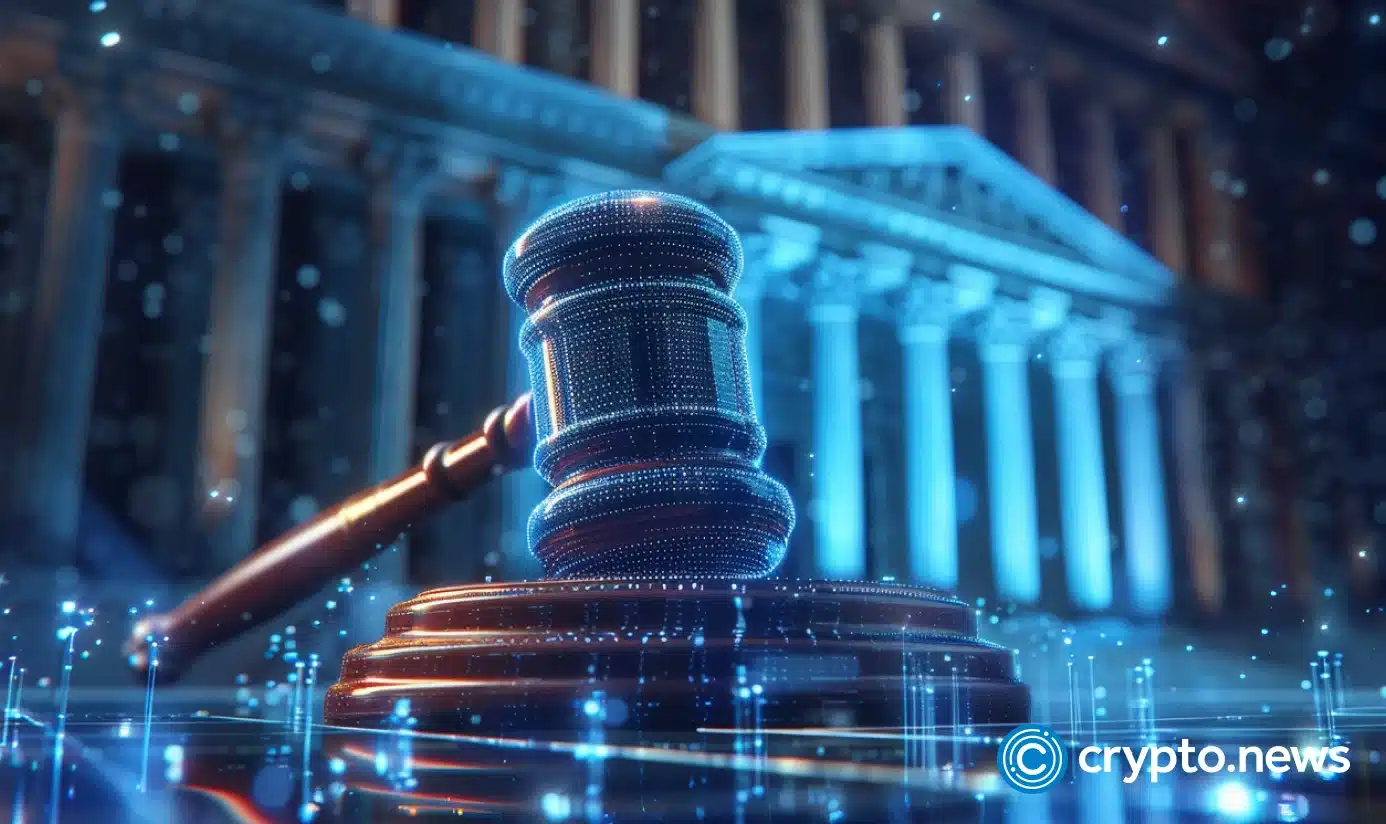

American restaurant Flyfish Club has signed a settlement agreement with the U.S. SEC regarding an “unregistered offering of crypto asset securities.”
Flyfish Club will pay a fine of $750,000. According to the SEC ruling, between August 2021 and May 2022, Flyfish Club sold around 1,600 NFTs to investors. These tokens were supposed to become an exclusive means of obtaining membership in the club.
According to the regulator, the project earned $14.8 million, and the capital was planned to finance the construction and launch of a private restaurant, Flyfish Club, intended only for club members. In addition, 42% of investors bought several NFTs, although only one token is needed to become a club member.
“Flyfish engaged in significant marketing efforts that promoted the NFTs as investments and led investors to expect profits from Flyfish’s efforts.”
Why the SEC is interested
The regulator argues that these NFTs fall under federal securities laws because token holders can resell them at a higher price and earn passive income by renting them out.
Based on these findings, the agency said Flyfish Club violated Sections 5(a) and 5(c) of the Securities Act of 1933 by failing to register the collectible tokens as securities. The SEC’s order requires Flyfish Club to pay a civil penalty of $750,000 and destroy all NFTs in the company’s possession within ten days.
However, not all SEC officials agree with the agency’s actions. Former SEC representatives Hester Peirce and Mark Uyeda insist that Flyfish Club’s NFTs are utility tokens, not securities. They were created to provide access to exclusive dining offers and not as speculative investment vehicles. Peirce and Uyeda are concerned that the SEC’s intervention could negatively impact NFT holders by making them even more difficult to transfer and resell.
“Leaving crypto to be addressed in an endless series of misguided and overreaching cases has been and continues to be a consequential mistake.”
The commissioners emphasized that NFTs are a new tool for chefs and artists to monetize their talents and provide unique experiences that overly restrictive regulatory interpretations shouldn’t stifle.
SEC scares NFT industry
In August, the SEC threatened to sue OpenSea, arguing that the collectible tokens traded on OpenSea are securities.
OpenSea CEO Devin Finzer reacted to the SEC’s Wells notice, calling it “regulatory saber-rattling” that’s venturing into “uncharted territory”. He feared it could backfire and cause creators of NFTs to stop making digital art.
Finzer said the company would defend the rights of digital artists and promised to set aside $5 million to cover legal costs for any NFT developers who might receive a similar notice from the regulator.
Politicizing the SEC’s approach
The SEC, meanwhile, continues to face criticism from the crypto community and U.S. lawmakers. In 2022, the agency first turned its attention to NFTs, accusing a Los Angeles-based media company of selling unregistered securities through NFTs. The case ended in a $6 million settlement.
In the wake of the harassment, the U.S. House Subcommittee on Digital Assets, Fintech, and Inclusion said it would hold a hearing titled “Dazed and Confused: Breaking Down the SEC’s Politicized Approach to Digital Assets.”
Subcommittee said SEC Chairman Gary Gensler “prioritized and pursued an enforcement and regulatory agenda to the detriment of the digital asset ecosystem” during his tenure on the panel.
“During Chair Gensler’s tenure, the SEC has not released guidance on how the SEC determines whether a digital asset meets the definition of a security. Rather, Chair Gensler and the SEC have publicly opined.”
They cited inconsistencies with SEC Chair’s position on digital assets as securities under the Howey test and disagreements among commissioners.
Former SEC Commissioner Dan Gallagher and former agency lawyer Michael Liftick are expected to testify at the hearing on Sep. 18.
Coinbase joins the fight against the SEC
In September, Coinbase founded the legal advocacy group Stand With Crypto and launched a Legal Defense Fund to protect NFT projects.
On Sep. 13, Stand With Crypto announced a $6 million fund backed by venture giant a16z and NFT marketplace OpenSea.
Leading law firms back the fund: Fenwick & West LLP, Goodwin Procter LLP, and Latham & Watkins LLP will provide critical legal resources to those working in the blockchain and NFT space. According to the statement, a16z contributed $1 million to the Creator Legal Defense Fund, while OpenSea donated $5 million.

